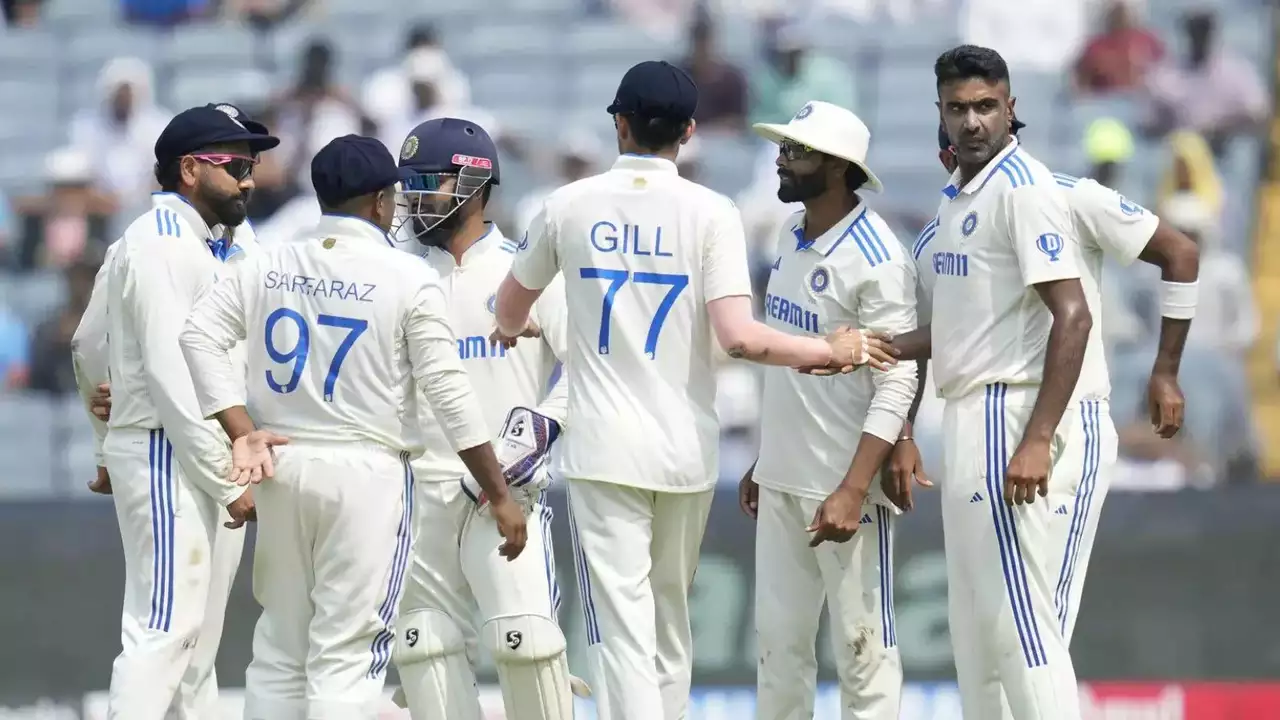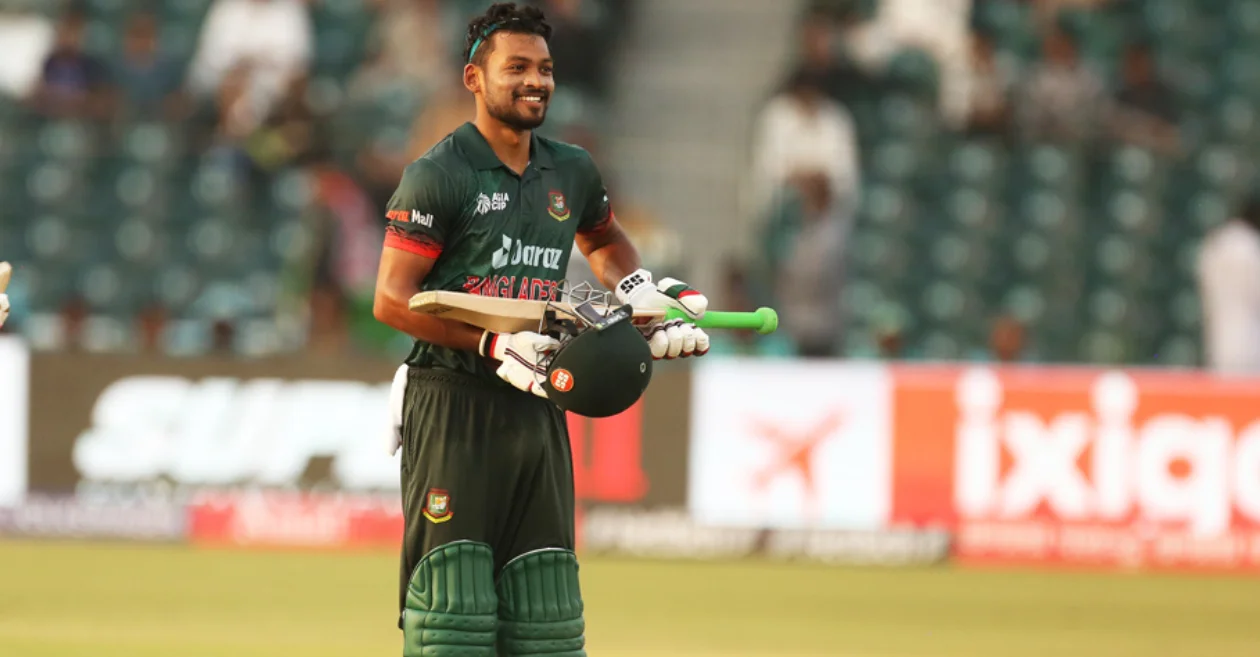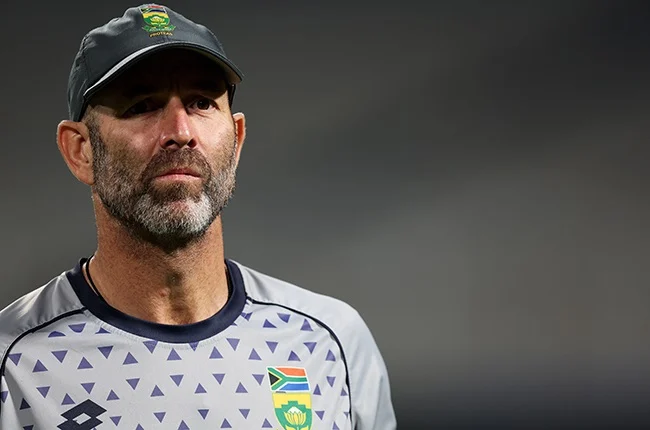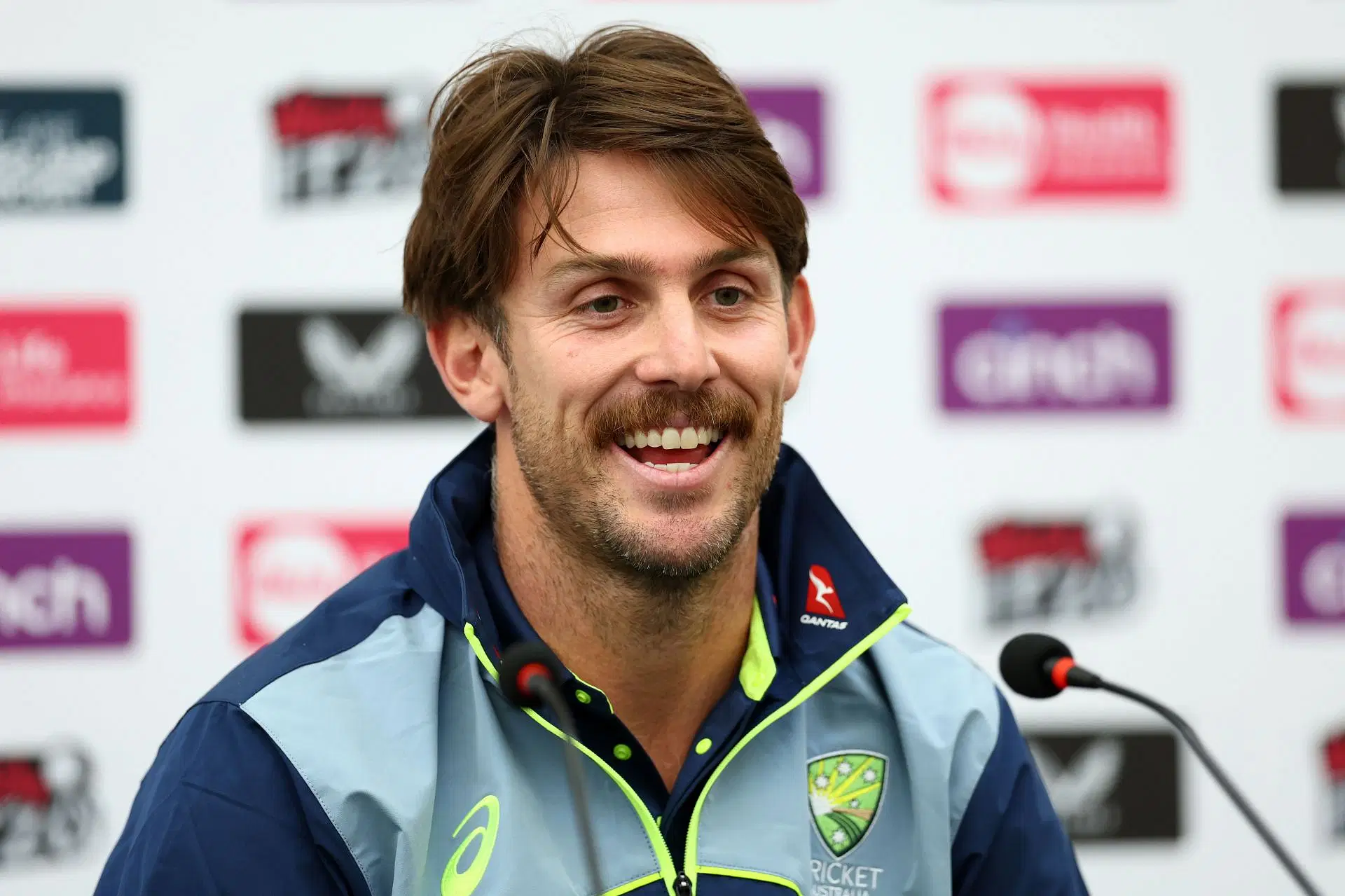The cricketing world is abuzz with news that Najmul Hossain Shanto, Bangladesh’s captain across all three formats, has expressed his desire to step down. Citing fluctuating form since assuming the Test captaincy last November, Shanto’s decision raises questions about the challenges facing Bangladesh cricket and the potential changes within the Bangladesh Cricket Board (BCB). This article delves into the nuances behind Shanto’s decision, the implications for the team, and the broader impact on Bangladesh cricket’s future.
Shanto’s Performance and the Rationale Behind His Decision
Najmul Hossain Shanto’s rise in Bangladesh cricket has been one of significant promise and resilience. Appointed as Test captain, Shanto initially demonstrated strong form, but his recent average has dropped to 25.76 across formats. The captaincy role has added substantial pressure to his game, and his recent request to step down may reflect a desire to prioritize performance over position.
Performance Metrics Since Taking Captaincy
Since assuming the leadership role, Shanto has struggled to maintain his batting consistency, a fact that has led to discussions within the cricket community. Despite being known for his skill, Shanto’s declining average highlights the strain associated with leading the team, especially amidst a period of transition in Bangladesh cricket, with several senior players either retiring or phasing out of specific formats.
The Bangladesh Cricket Board’s Perspective
Shanto’s message to senior board officials suggests a growing awareness within the BCB of the unique challenges associated with his role. While the BCB President Faruque Ahmed is currently out of the country, the board is expected to address Shanto’s request upon his return. The timing is critical, as the team faces a packed schedule in the coming months, making it imperative to resolve the captaincy matter swiftly.
Potential Candidates for Captaincy
If Shanto’s resignation is accepted, the BCB will need to appoint a successor capable of leading across all formats. Options may include:
- Mehidy Hasan Miraz – Known for his composure and reliability, Mehidy has shown strong leadership qualities and may be well-suited to guide the team.
- Liton Das – A consistent performer, Das brings experience and a calm demeanor, making him a solid candidate for leadership.
- Shakib Al Hasan – Although not a new face, Shakib’s wealth of experience could provide stability as a temporary captain until a long-term leader is identified.
Bangladesh’s Upcoming Schedule and Its Impact on Leadership Transition
The timing of Shanto’s potential resignation presents a challenge for the BCB. Bangladesh’s calendar is packed, with the second Test against South Africa from October 29 to November 2, followed by three ODIs against Afghanistan in the UAE, starting on November 6. Soon after, the team heads to the West Indies for an all-format series.
This schedule highlights the need for a decisive, experienced leader who can adapt to various conditions and manage team dynamics effectively. Any delay in appointing a new captain could affect team morale and performance in these critical matches.
Impact on Team Dynamics and Bangladesh Cricket’s Future
The prospect of Shanto stepping down raises broader questions about the direction of Bangladesh cricket. With several seasoned players transitioning out of the game, the team needs strong, consistent leadership. This period of change requires not just tactical skill but also the ability to nurture emerging talent and foster team cohesion.
Strategic Changes for Bangladesh Cricket’s Growth
If the BCB decides to appoint a younger leader, it could signal a strategic shift toward building a resilient team for future competitions. Shanto’s decision may also encourage the board to assess captaincy responsibilities carefully, ensuring that the selected leader is both mentally prepared and technically sound to meet the demands of international cricket.
Conclusion
Najmul Hossain Shanto’s potential resignation from the Bangladesh captaincy underscores the high expectations placed on young leaders in modern cricket. His decision may lead to a recalibration of Bangladesh’s approach to leadership and development. As the BCB prepares to make a pivotal decision, the future of Bangladesh cricket hangs in the balance, shaped by both the challenges of today and the promise of tomorrow.


























